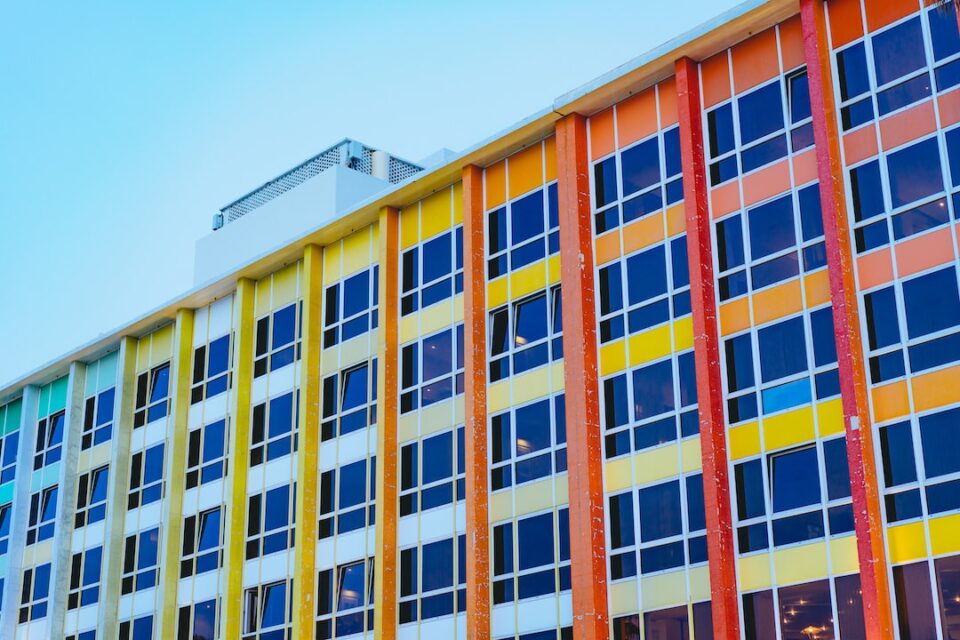Tel Aviv’s Diverse Religious Sites: A Journey through Faith
Tel Aviv, often referred to as the “city that never sleeps,” is known for its vibrant nightlife, beautiful beaches, and bustling city life. But beyond its energetic façade, this cosmopolitan city is also home to a rich and diverse religious heritage that spans across different faiths. From ancient synagogues to historic churches and mosques, Tel Aviv offers a unique journey through faith for visitors and residents alike.
One of the most prominent religious sites in Tel Aviv is the Great Synagogue, located in the heart of the city’s oldest neighborhood, Neve Tzedek. Built in the late 1920s, this impressive structure is a testament to the thriving Jewish community in Tel Aviv. The synagogue’s grand exterior, complete with ornate details and tall arches, leaves visitors in awe. Inside, a stunning main prayer hall is adorned with beautiful chandeliers and intricately designed pillars, creating an atmosphere of reverence and tranquility. Whether you are Jewish or not, a visit to the Great Synagogue is a must for anyone interested in exploring Tel Aviv’s religious heritage.
But Tel Aviv’s religious diversity extends far beyond its Jewish roots. Only a short distance away from the Great Synagogue lies the St Peter’s Church, a historic Catholic church that dates back to the late 19th century. With its beautiful Gothic architecture and soothing atmosphere, this church stands as a symbol of the city’s Christian heritage. Visitors can explore the church’s peaceful interior, adorned with stained glass windows and paintings depicting biblical scenes. Attending a mass or simply taking a moment of reflection within the church’s walls can offer a truly spiritual experience.
For those who seek a different religious experience, Tel Aviv is also home to the Hassan Bek Mosque, one of the oldest mosques in the city. Located in the Jaffa neighborhood, this mosque is a significant place of worship for the Muslim community in Tel Aviv. Its stunning architecture, with beautiful domes and intricate tile work, showcases the rich Islamic heritage of the region. Visitors can witness the call to prayer echoing throughout the mosque, and experience the profound sense of devotion and spirituality that emanates from within. The Hassan Bek Mosque serves as a reminder of the religious diversity that exists within Tel Aviv, fostering a sense of coexistence and acceptance.
In addition to these major religious sites, Tel Aviv is dotted with small synagogues, churches, and mosques throughout its various neighborhoods. Such diversity is a testament to the inclusivity and tolerance that the city prides itself on. For instance, the Yemenite Quarter, a vibrant neighborhood in Tel Aviv, is home to both the Ades Synagogue, the oldest synagogue in the city, and the Or-Shalom Church, which serves as a hub for the Armenian community. These religious sites are not only places of worship but also important cultural centers, representing the unique tapestry of faiths that make up Tel Aviv.
Exploring Tel Aviv’s diverse religious sites is not only a journey through faith but also a glimpse into the city’s history and heritage. Each site represents a different era and community, offering visitors a chance to connect with the past and understand the complexities of religious coexistence in Tel Aviv. Whether you are a believer seeking spiritual solace or a curious traveler interested in the history and culture of the city, Tel Aviv’s religious sites provide a profound experience that resonates long after you leave.
In conclusion, Tel Aviv’s diverse religious sites offer a unique opportunity to embark on a journey through faith, allowing visitors to explore the city’s religious heritage and cultural diversity. From the grandeur of the Great Synagogue to the tranquility of St Peter’s Church and the devotion found within the Hassan Bek Mosque, each site offers a window into Tel Aviv’s multifaceted tapestry of religious beliefs. By embracing its religious diversity, Tel Aviv stands as a shining example of tolerance and acceptance, providing a space where people of different faiths can coexist harmoniously.

